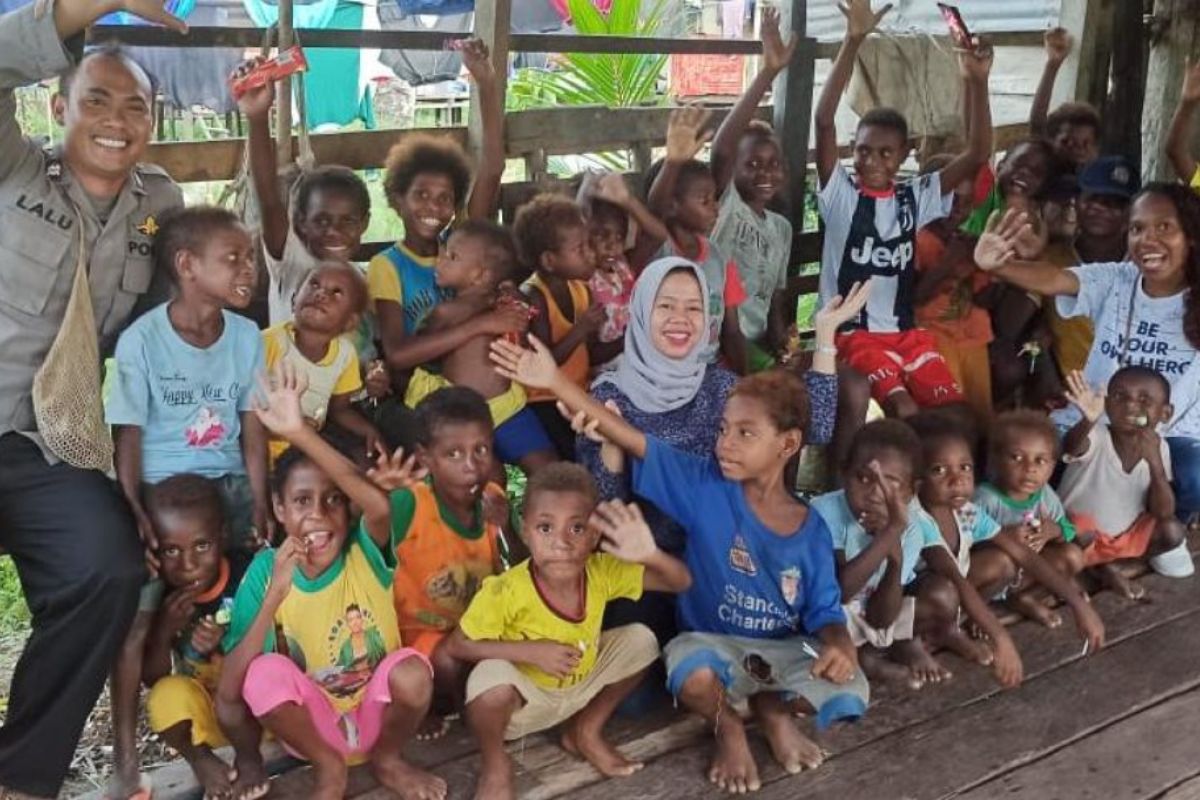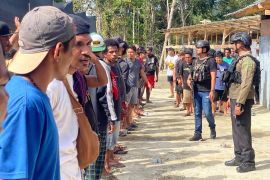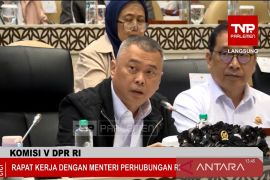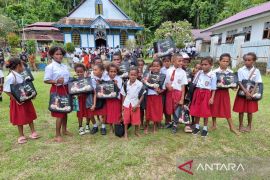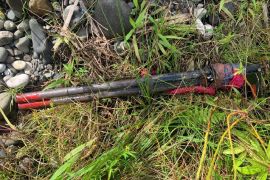The local police investigators are probing the murder that Jayapura City Police Chief Adjunct Sen. Coms. Gustav R. Urbinas stated had taken place after Karoba and his stabber got embroiled in a bitter debate under the influence of alcohol.
"The motive behind this case is related to their bitter debate while having a liquor transaction. The suspected stabber is the seller, while the victim is a buyer. However, we are going to work on this case after the suspect can be arrested," he explained.
The Jayapura city investigators had known the suspect's identity, Urbinas added.
Apart from how the local police uncovered this case, the glaring truth again is that the impact of alcoholic beverages is real. Of course, the factors that may have triggered the acts of physical and verbal violence in Papua vary.
The acts of violence against women and children in Papua could be triggered by economic factors, but the Papua Institute of Sciences and Technology's (LIPTEK's) research finding also revealed that the violence was also related to alcohol addiction (Kompas.com, 2018).
The research that LIPTEK conducted in the districts of Nabire, Asmat, Jayawijaya, and Jayapura city by involving 480 respondents also revealed that the number of cases of violence against women and children in Papua also tended to increase.
If there were 98 cases of violence in 2017, the number significantly increased to 331, carried out by men, and 219 carried out women in 2018. The violence generally broke out owing to the husband's alcohol addiction (Kuwado, Kompas.com, 2018).
The sales of alcoholic drinks have in fact been banned in Papua since 2016 but the Piris Karoba murder case and several other cases of violence, spurred by the consumption of liquor, apparently show that the ban is not yet enforced effectively.
Related news: Jayapura port's police seize 157 bottles of liquor from MV Labobar
In halting the influx of alcoholic drinks from outside Papua, the local police frequently conducted raid operations.
On Saturday evening, Feb 8, 2020, for instance, the police at Jayapura Port successfully seized 157 bottles of alcoholic drinks from the Motor Vessel "Labobar" that arrived at the port from Bitung, North Sulawesi Province.
The policemen found the bottles of homemade alcoholic drinks under the beds of several passengers on the vessel's deck 4, 5, 6, and 7 during a raid against bootleg liquor, Papua Police spokesman Sen. Coms. Ahmad Kamal revealed.
The bootleg liquor, packed in tens of mineral water and whiskey bottles, might belong to the vessel's passengers, he stated, adding that the confiscated liquor bottles had been brought to the Jayapura Port's police precinct.
The police investigators questioned several passengers, who stayed near the confiscated liquor bottles, but none knew about the owners. Hence, the police did not arrest anyone in this bootleg liquor case.
On early Sunday, MV Labobar, with 1,104 passengers aboard, departed for Biak-Serui-Nabire-Manokwari-Sorong-Ternate-Bitung-Pantoloan-Balikpapan-Surabaya, Kamal stated.
Sentient of the fact that alcoholic drinks may be supplied by irresponsible people from outside Papua and also the ongoing sales of alcoholic drinks in the province, the provincial administration has repeatedly warned authorities of necessarily enforcing law against those involved in bootleg liquor cases.
In early December 2019, the Papuan provincial government had ordered all district and city administrations to enforce the law against the sales of alcoholic drinks.
First Assistant of the Papua Provincial Government's Secretary Doren Wakerwa noted that the sales of alcoholic drinks should be banned ahead of the 2019 Christmas and New Year's Eve celebrations, and the convening of the 2020 National Games (PON).
The Papuan government had effectively banned the production, distribution, and sales of alcoholic beverages since 2016 based on Regional Government's Regulation Number 15 of 2013.
Every district and city administration needs to support the policy, he notified journalists after opening the focus group discussion on law enforcement against the violators of the liquor ban policy.
The regional government's regulation number 15 of 2013 can protect the Papuan people from the harmful impacts of alcohol consumption, such as loss of consciousness and engaging in acts of domestic violence and crimes, according to Wakerwa.
The consumption of alcoholic beverages among local community members might have also contributed to the shortened life expectancy of native Papuans, he stated.
Taking into account the harmful impact of liquor, the native Papuan people are expected to be collectively aware of the dire need to support the liquor ban by supervising the sales of alcoholic beverages at minimarkets and kiosks.
Fully comprehending the dangers, Chairperson of the Papuan Women's Solidarity (SPP)-Mimika Chapter Ros Namsa Kabes has urged the Mimika district government and local police to enforce legal sanctions against those selling liquor to Papuan children.
The related ministries and government agencies should also protect all people of Indonesia, including those in Papua Province, from getting siphoned into a vicious circle of alcohol addiction by imposing more people-oriented policies on liquor beverages.
Related news: Jokowi urges Papuan children to stay away from drugs
Related news: West Papuan children urged to emulate Habibie's excellence
Editor: Sri Haryati
Copyright © ANTARA 2020
